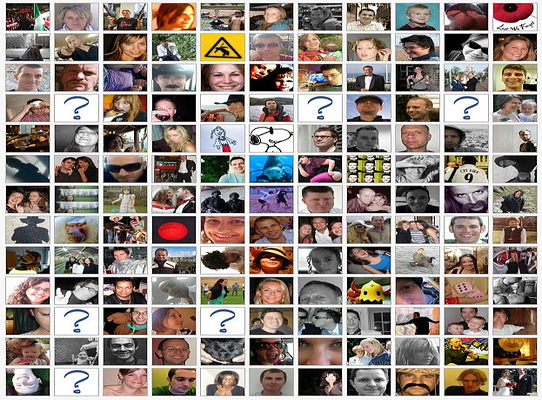What Does Your Number Of Facebook Friends Reveal About You?


A Facebook user with hundred—or thousands—of friends may appear wildly popular in the United States, but anyone boasting more than 50 is perceived as “naïve” and “foolish” in Ghana, according to a new study published in the journal Psychological Sciences.
Study researchers concluded that the number of Facebook friends people have correlates with their level of success, as well as how frequently they move. The “perfect” number of Facebook friends, however, is based on people’s social conditions and country in which they live.
“In the age of Facebook, many Americans seem to opt for a broad, shallow networking strategy,” Shigehiro Oishi of the University of Virginia and Selin Kesebir of the London Business School and colleagues wrote in the study. “Yet, cross-cultural research has shown that having many friends is not always viewed positively outside the United States.”
The reason American social networkers prefer a broader base of Facebook friends may simply be because people move around a lot in the US. Oishi cited a 2001 study that found about half of Americans move to a new place in any five-year period.
But economic conditions also play an important role in social networking.
“When times are prosperous, your friends are less likely to need much help, whether it’s covering a hospital bill or providing babysitting, and so a broad network of friends is easy to maintain,” Oishi and Kesebir of the wrote. “But when times aren’t as flush, having more friends might incur huge costs in terms of both time and resources.“
But people who live in residentially mobile and economically favorable conditions, they are likely to find a broad, shallow networking strategy successful. Likewise, those who rarely move and live in lower economic conditions will find a small and deep networking strategy works best.
In developing their research, Oishi and Kesebir first simulated a variety of people with different numbers of friends at different levels of friendship. They then measured the level of investment required by each type of friendship. The results confirmed their predictions that a small, close social network of friends is more beneficial to those living in unstable economic conditions around people unlikely to move away. Regardless of financial status, however, having a large social network with shallower friendship ties benefits those whose friends are likely to move away.
To test their findings in reality, researchers surveyed 247 Americans. Participants listed one very close friend, one close friend and one distant friend. They then rated the amount of time, energy and money needed to maintain each friendship, as well as life satisfaction, positive emotions and negative emotions associated with each friendship. Researchers also evaluated census data to determine geographic mobility and family income in the participants’ ZIP codes.
“As residential mobility decreases and economic recession deepens in the United States, the optimal social-networking strategy might shift from the broad-but-shallow to the narrow-but-deep, even in a nation known best for the strength of weak ties,” researchers conclude.
[Image via Dan Taylor/Flickr]































